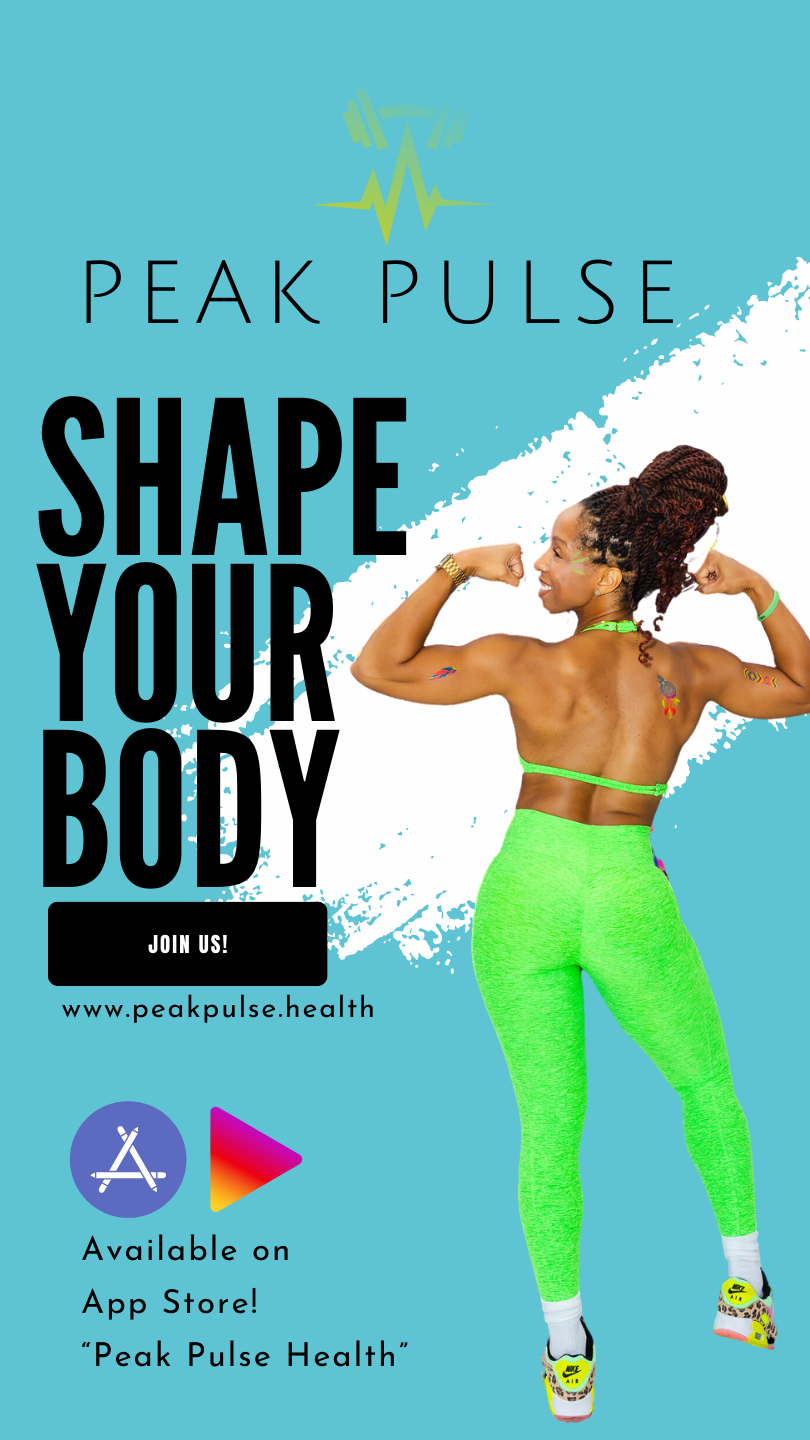(And How to Course-Correct Before It’s Too Late)
Burnout doesn’t happen overnight. It sneaks up on you.
At first, you’re just a little tired, a little irritable. You chalk it up to a busy week. Then, your patience runs thinner. The things that once excited you feel like just another chore. Sleep doesn’t feel restful. Small tasks feel overwhelming. You find yourself zoning out more, caring less, pushing through even when your body is screaming for rest.
And then one day, you wake up and realize—you don’t feel like yourself anymore.
Burnout isn’t just about being tired. It’s deeper than that. It’s a state of complete mental, emotional, and physical depletion. It’s your body waving the white flag, begging you to pay attention. And the sooner you recognize the signs, the sooner you can do something about it.
How to Know If You’re Experiencing Burnout
Burnout doesn’t always look like full-blown exhaustion. Sometimes, it shows up in ways you wouldn’t expect.
You’re constantly mentally foggy—like your brain is on a delay. Decisions feel harder, focus feels impossible, and even simple tasks feel like they require extra effort.
Your motivation disappears. Work, fitness, socializing—things you once enjoyed now feel exhausting. You tell yourself you’ll feel better tomorrow, but tomorrow keeps coming, and nothing changes.
Your body starts reacting. Headaches, stomach issues, muscle tension, random aches—your body is carrying stress in ways you don’t even realize.
You feel detached. Like you’re moving through life on autopilot, disconnected from what’s happening around you.
You oscillate between exhaustion and wired anxiety. Some days you feel drained beyond belief. Other days you can’t sleep because your mind won’t stop racing.
You start resenting the things you once loved. Your job, your relationships, your responsibilities—everything feels like too much.
The scariest part? Burnout convinces you this is just the way life is now. That pushing through is your only option. That if you can just hold on a little longer, things will get better.
But burnout doesn’t just resolve itself. You have to actively interrupt it before it becomes your default state.
How to Course-Correct Before You Break Down
If you’re nodding along to everything above, this is your wake-up call: Burnout isn’t something you have to accept. You don’t have to wait until you’re completely drained to make changes.
Start with honesty. Burnout thrives when you ignore it. Stop brushing off your exhaustion, stress, and frustration as “just a phase.” Acknowledge what you’re feeling so you can do something about it.
Check in with your boundaries. Burnout doesn’t just come from working too much—it comes from emotional overload. If you’re constantly giving without refilling your own cup, something has to change. Where are you overcommitted? Where are you saying yes when you need to say no?
Prioritize real rest. And no, scrolling on your phone doesn’t count. Neither does collapsing on the couch at the end of the day while your mind races through tomorrow’s to-do list. Rest means true disconnection—walking outside, reading a book, moving your body, doing things that actually recharge you.
Fuel your body like it matters. When you’re burnt out, your body is in survival mode. Stress hormones are high, sleep is disrupted, and energy is low. Prioritizing sleep, whole foods, and movement isn’t just about wellness—it’s about rebuilding your reserves so you can function again.
Reevaluate your expectations. Are you holding yourself to an impossible standard? Are you expecting yourself to juggle everything without breaking? No one can do it all. And the more you try, the more you set yourself up to fail.
Burnout recovery isn’t about taking a vacation or waiting for things to slow down. It’s about making real, sustainable changes that allow you to keep showing up for your life without losing yourself in the process.
You Can’t Pour From an Empty Cup
You’ve heard it before, but it’s worth repeating: you can’t keep giving when you have nothing left.
Burnout doesn’t make you weak. It doesn’t mean you’re failing. It means you’ve been carrying too much for too long, and it’s time to shift the weight.
The good news? You can recover. You can feel like yourself again. But you have to choose it.
What’s one small change you can make today to start protecting your energy? Start there. The rest will follow.
TeenyDose is your resource for navigating the healthcare world, providing general health and wellness information to help patients and providers make informed decisions. This content is for educational purposes only and is not intended to replace professional medical advice, diagnosis, or treatment. Every individual’s health is unique, and what you read here may not be specific to your situation. Always consult with your primary care provider or a qualified healthcare professional regarding any medical concerns. If you love what you read here, don’t be selfish—share it with your friends. We’d love to hear from you if you have suggestions or wish to be a contributor.
Visit www.shariandrews.com and www.peakpulse.health for wellness solutions and personalized concierge services. I’m your partner in prioritizing health and making sense of your healthcare journey.








